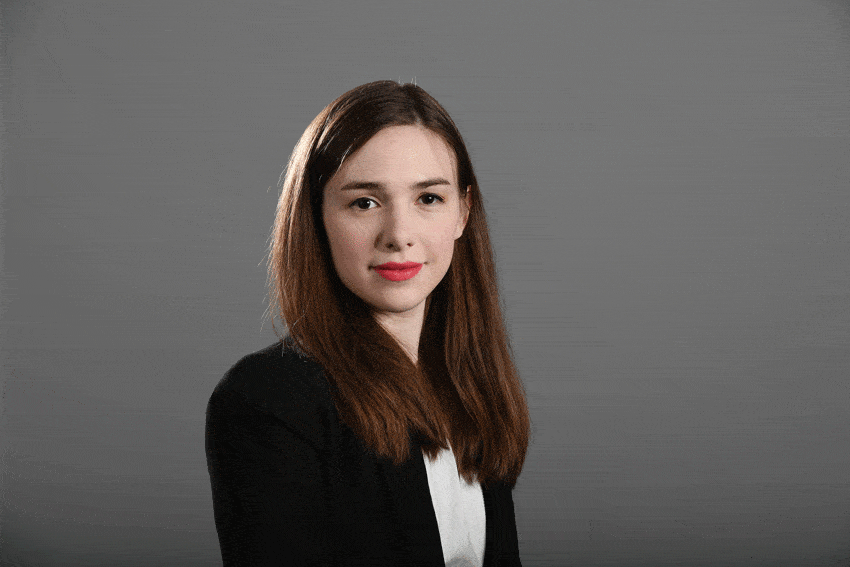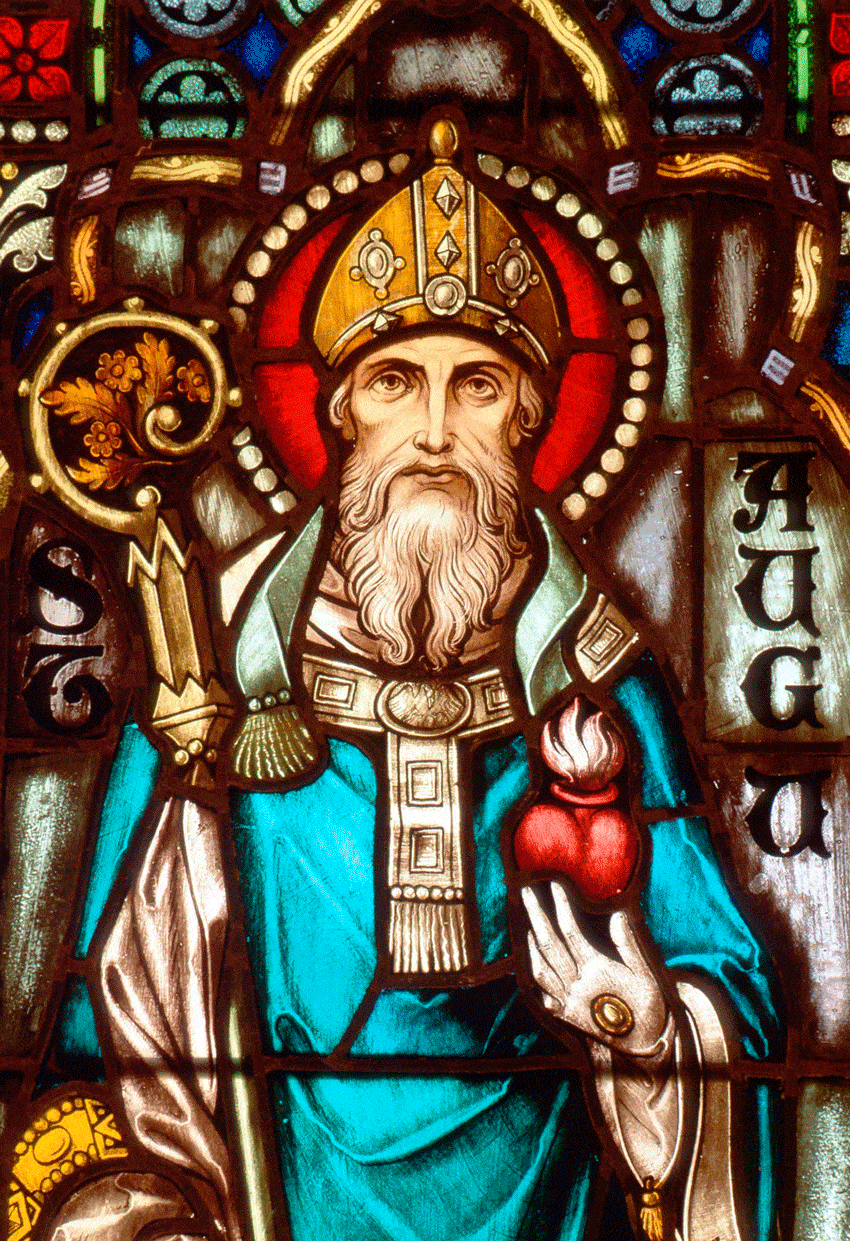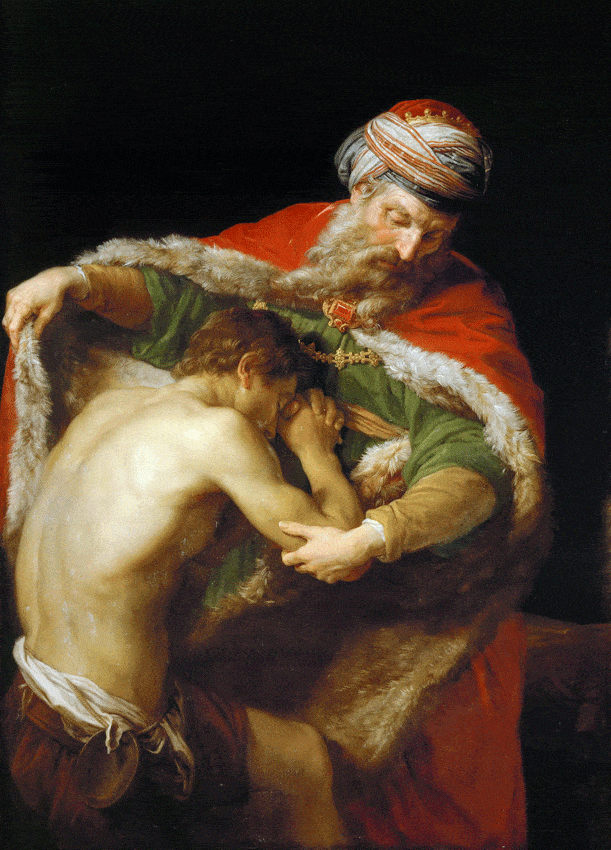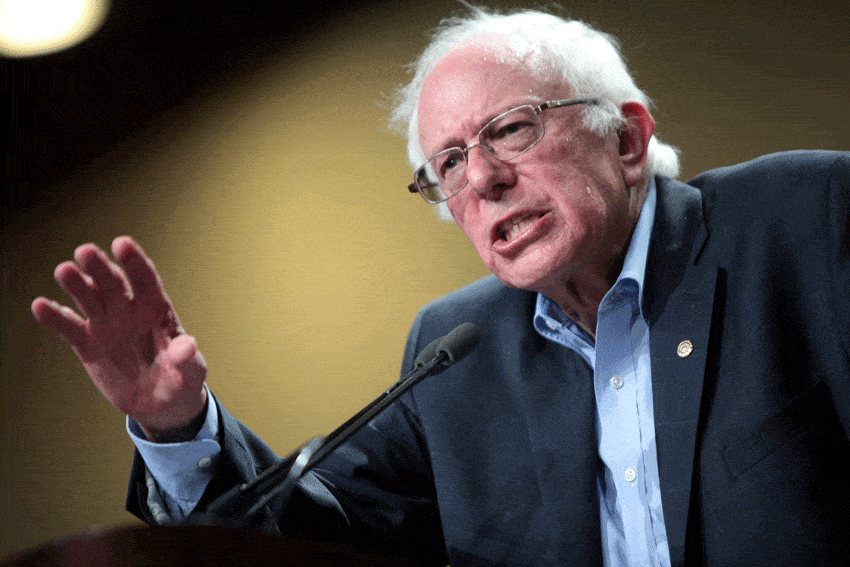
By Lois M Collins
Elizabeth Bruenig makes no apologies. Not for her progressive politics, not for her Catholic faith and certainly not for having children at an age some of the left intelligentsia find unfashionable.
Last year, for Mother’s Day, she penned an essay exploring the challenges and rewards of parenting as a millennial. The piece ran in The New York Times under the headline: ‘I
Became a Mother at 25, and I’m Not Sorry I Didn’t Wait.’ Lefty Twitter erupted in predictably righteous indignation, but the avowed democratic socialist didn’t let it bother her. “More than any single decision in my life,” she says, “having children has made me happy.”
Now a 31-year-old staff writer at The Atlantic, Bruenig is a rising star in US journalism, with stints at The Washington Post and The New Republic, as well as the Times. In 2018, she was named a finalist for the Pulitzer Prize for a feature story about the sexual assault of a student who attended her high school.
The judges praised her ability to write with “moral authority.” She has written prolifically about ethics, theology, politics and economics, from a complex position: just left of Bernie Sanders on economics, openly religious and quietly anti-abortion.
In 2020, Forbes included Bruenig in the magazine’s ’30 Under 30′ list, saying “Bruenig uses her unique perspective as a socialist, Catholic and Texan to weigh in on political and moral issues in public life.”
Those adjectives are not frequently used to describe a single person, at least not in the US, but Bruenig embraces them all. If there’s any tension between them, she embraces that, too. Maybe that’s why she enjoys taking on complicated stories about what goes on inside of the people she writes about — “moral universes and the sorts of battles we fight on the inside,” she says.
“That’s where I was drawn further into [St Augustine’s] work, those kinds of apologetics and the tradition. You fall in love. That’s what happens when you convert.” – Elizabeth Bruenig
Social media skirmishes are a different animal, one she could largely do without. Still, as a millennial, she enjoys the bright side of that technology. “So much of it is fun, like posting pictures and talking to people about the things that I bake,” she says, “and it’s a great way to follow breaking news.”
But she knows things can get out of hand, so she keeps it under control. “It’s very hard to stop something when you’re still having fun. But if you wait until you’re not having fun anymore, then you’re having a bad time.”
In real life, Bruenig calls being a wife and mother to two young daughters her greatest accomplishment and joy. She’s earned a bachelor’s degree in English and sociology from Brandeis University and a master’s degree in Christian theology from the University of Cambridge — which she attended on a scholarship. She’s unabashedly religious in a time when religious affiliation is fading and describes a personal faith journey to understand God and her relationship with him.
In a conversation with Deseret News, Bruenig explains how she reconciles faith, politics and family even as nonconformists like her have become targets of public criticism from all sides.

You take a fair amount of abuse on Twitter. Why is that?
Some of it is because I label myself, and I’m upfront about what I think. Some of it’s probably because I’m a woman, or for reasons that I don’t understand and don’t care to contemplate. It doesn’t bother me. If it’s concerning, The Atlantic security team will deal with it. If it’s just people being mean, hit the X. Focus on the stuff that makes you happy. My kids make me happy. My husband makes me happy. My friends, my home life, those things make me happy.
You were raised a Methodist. What drew you to Catholicism?
I started reading the work of St Augustine of Hippo in college, then I won a scholarship to earn a master of philosophy in Christian theology at Cambridge. That’s where I was drawn even further into his work, those kinds of apologetics and the tradition. You fall in love. That’s what happens when you convert.
What drew you to study theology?
Maybe I just needed a little more help than others. Everyone else seemed content when they were at church, and that’s all they needed. That wasn’t the case for me. I had things that I didn’t understand and wanted to understand better. And I felt most clarity and closest to God when I was studying or researching or answering some of these questions about history and philosophy of the faith. So I just kept doing it. That’s how I spend time with God.
Many Americans see socialism and religion as mutually exclusive. But you claim both. How does that work?
I see them as coherent. During the Cold War, when Americans were forming their opinions about socialism, the conflict wasn’t as simple as the media often framed it. The Soviet Union practiced Soviet communism, which was atheistic.
But there are other forms of socialism, like the democratic socialism we see in Scandinavia. Not only do Finland, Sweden, Norway and Denmark allow religion, but some of those countries even have compulsory taxes that fund their state churches.

It’s not the only system for any country at any stage of development, but the United States has a wealthy, advanced economy, we’re industrialised, we have the technology, there’s no reason we can’t do this.
And it would make the lives of some of our neediest people much better. I find a natural fit with a political system that ensures a dignified life for the very least among us. It seems extraordinarily obvious to me.
You made a similar argument in 2018, writing for The Washington Post. Why do you think that piece got so much attention?
We were in a moment where politics felt subject to change. The 2016 election had produced an unexpected outcome. Not only the general election — Donald Trump winning and Hillary Clinton losing — but also the primaries, with Bernie Sanders coming so close.
For a little-known senator from Vermont, a lifelong independent who caucuses with the Democrats, to do as well as he did, that surprised people. It seemed like there were possibilities that hadn’t existed in a long time. It felt like a moment of unique energy. A lot of people felt that.
Where do you think your vision of government could do the most good?
There’s some logic to human life, and a predictable economic pattern. We can tell when people will need financial support. It’s when they’re children, because kids don’t work.
It’s when they’re students, which is why they get loans or scholarships or rely on their parents to support them. Young adults sometimes need a little bit of help, because they’re making the least money of their career, but that’s also when they’re having children and stuff. When they’re elderly and looking at retirement, those folks need support, too. They have earned rest.
We need to acknowledge that there is a cycle, a realistic number of years that a person is allotted. Pay some heed to it and recognise that there are periods where people need support. We’re increasingly accepting a country where elderly people are expected to work until they die, with no rest and no retirement. The fact that is happening without grave protest is very, very disturbing to me.

What’s the most interesting story playing out now at the intersection of religion and politics?
When the [US] Supreme Court starts acting this summer, there’s going to be an enormous amount of unhappiness in the public, one way or the other, with respect to the abortion issue. That’s an obvious one; there are religious angles to activism on almost every issue. There are religious climate activists and religious activists opposing gun violence and the death penalty. A lot of areas remain as active as ever, even if religion in general is trending towards disaffiliation.
As a storyteller and a theologian, is there a scriptural account that feels important to you?
The prodigal son. It’s so morally complicated. Every character could be the protagonist of a compelling tale. I’m most interested in the older brother, who’s always obedient and stays with his father, but is then frustrated when his brother returns to great celebration, despite his dissolute ways.
That feeling when you have done everything right and you’ve obeyed but others who behaved badly are being accepted or forgiven or even praised for coming around. That, I think, is so human. It’s morally wrong, but intuitively it’s a sympathetic response. That is all the complexity I could ever hope to pack into something that I would write.
Any last word?
I hope we’re all praying for peace. I’ve been including that in my prayers quite often and it seems like something that a Christian community could be clearly united on.
This story first appeared in Deseret Magazine.
